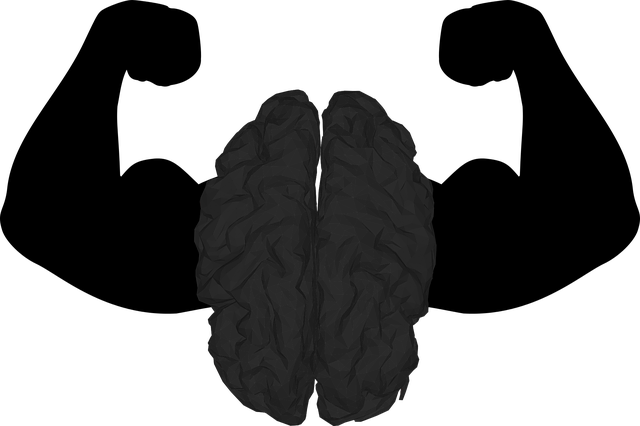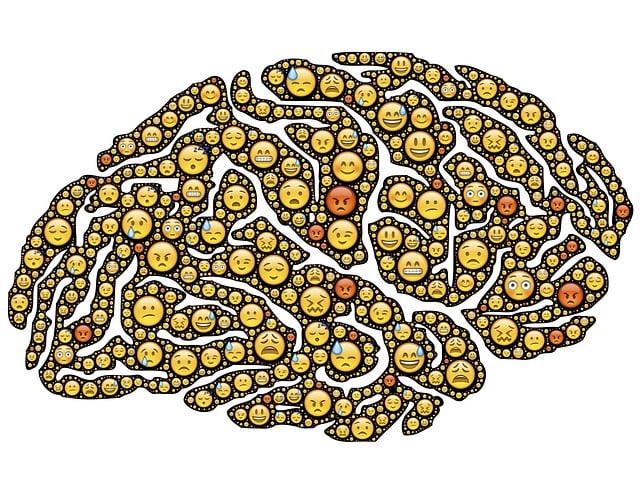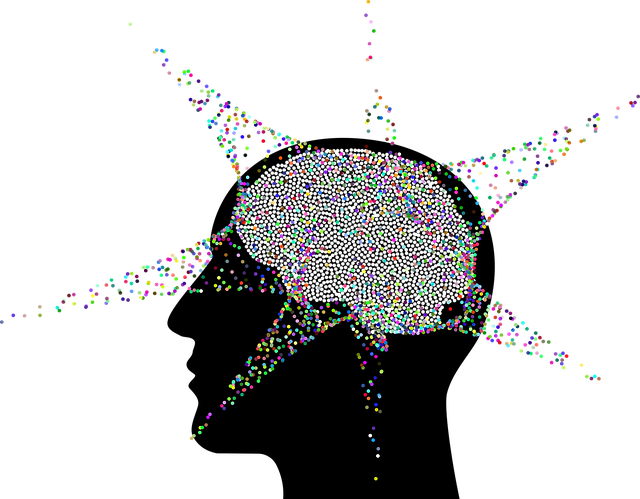The Resilient Factors Model (RFM), a therapeutic framework, enhances mental well-being by cultivating skills and mindsets promoting emotional resilience. Golden Divorce Therapy, an RFM application, uses social skills training and positive thinking to help individuals navigate divorce transitions with increased confidence and adaptability. Through Compassion Cultivation practices, clients gain tools for stress, anxiety, and depression management, fostering emotional stability and self-acceptance. Measuring success through KPIs like participant engagement and emotional awareness helps refine the dynamic RFM approach, maximizing resilience building outcomes.
Resilience is a crucial asset in navigating life’s challenges. This article explores Resilient Factor Model (RFM) and its role in fostering emotional well-being through Golden Divorce Therapy. We delve into effective strategies for implementing resilience exercises, offering practical guidance for professionals. From understanding RFM to measuring success, learn how these techniques can be adjusted for optimal impact. Discover the transformative power of Golden Divorce Therapy in building emotional resilience.
- Understanding RFM and its Role in Resilience Building
- The Impact of Golden Divorce Therapy on Emotional Well-being
- Practical Implementation Strategies for Resilience Exercises
- Measuring Success and Adjusting RFM Techniques
Understanding RFM and its Role in Resilience Building

Resilience is a crucial aspect of mental well-being, enabling individuals to navigate life’s challenges with strength and adaptability. RFM, or Resilient Factors Model, is a therapeutic framework designed to identify and foster personal resilience. This model recognizes that building resilience goes beyond mere coping; it involves cultivating a set of skills and mindsets that promote emotional well-being and enable individuals to thrive even in the face of adversity. By understanding one’s unique RFM, individuals can harness their inner resources and develop effective strategies for overcoming obstacles.
Golden Divorce Therapy, for instance, incorporates RFM principles to facilitate personal growth during challenging transitions. It encourages clients to explore and enhance their social skills training, a key component of emotional well-being promotion techniques. Through this process, individuals learn to navigate interpersonal relationships with greater confidence and adaptivity, which is essential in fostering resilience. Additionally, Mind Over Matter principles are central to RFM, emphasizing the power of positive thinking and reframing experiences as opportunities for growth.
The Impact of Golden Divorce Therapy on Emotional Well-being

Golden Divorce Therapy is a transformative process that can significantly impact emotional well-being, especially for individuals navigating the complexities of a separation or divorce. This therapeutic approach goes beyond traditional counseling by incorporating practices like Compassion Cultivation to foster self-care and resilience. By focusing on developing compassion for oneself and others, individuals can enhance their ability to manage stress, anxiety, and potential depression that may arise during this challenging life transition.
The therapy encourages active participation in Self-Care Practices, enabling clients to take a proactive role in their emotional healing. These practices aim to nurture the mind, body, and spirit, ensuring individuals develop healthy coping mechanisms for the future. Through regular engagement in Compassion Cultivation Practices, one can cultivate a deeper sense of self-acceptance, empathy, and emotional stability, all of which are essential components of building resilience during and after divorce.
Practical Implementation Strategies for Resilience Exercises

Implementing resilience exercises effectively requires strategic planning and tailored approaches. One practical strategy involves integrating these exercises into existing mental wellness coaching programs, where coaches can guide clients through activities that foster adaptability. For instance, during sessions focused on emotional regulation, introducing techniques like mindfulness meditation helps individuals manage stress and build inner strength. This not only enhances their ability to cope with challenges but also creates a sense of calm and clarity, forming a crucial component of Golden Divorce Therapy.
Additionally, the incorporation of communication strategies is essential. Group resilience workshops or one-on-one sessions can encourage participants to share experiences and learn from each other. Active listening and open dialogue facilitate a supportive environment, enhancing the impact of exercises. Whether through structured programs or personalized coaching, these initiatives contribute to overall mental wellness development, empowering individuals to navigate life’s complexities with enhanced resilience.
Measuring Success and Adjusting RFM Techniques

Measuring success is a crucial aspect of RFM implementation. It involves tracking key performance indicators (KPIs) such as participant engagement, emotional awareness, and coping skills before, during, and after the exercises. This data provides insights into the effectiveness of the RFM techniques being used. For instance, a Mental Wellness Podcast Series Production might measure the impact of Golden Divorce Therapy on anxiety relief and burnout prevention through pre-post tests and qualitative feedback from participants. By comparing these metrics against established benchmarks or previous outcomes, practitioners can assess whether the RFM exercises are achieving their intended goals.
Adjusting RFM techniques based on measured success is essential for continuous improvement. If certain exercises prove particularly effective in enhancing mental wellness, they should be prioritized or integrated more deeply into the program. Conversely, activities that show limited impact may need to be reevaluated and refined. This iterative process ensures that the RFM approach remains dynamic and responsive to the evolving needs of participants, ultimately maximizing resilience building outcomes and contributing to overall well-being, including Anxiety Relief and Burnout Prevention.
The implementation of Resilient Factor Model (RFM) exercises, enhanced by techniques like Golden Divorce Therapy, offers a powerful approach to building emotional resilience. By understanding an individual’s vulnerabilities and strengths through RFM, and combining it with the therapeutic benefits of Golden Divorce, practitioners can equip folks with effective tools to navigate life’s challenges. Practical implementation strategies outlined in this article provide a roadmap for successful integration, allowing individuals to measure their progress and adjust RFM techniques as needed. This tailored approach ensures that resilience becomes an achievable and lasting reality.














